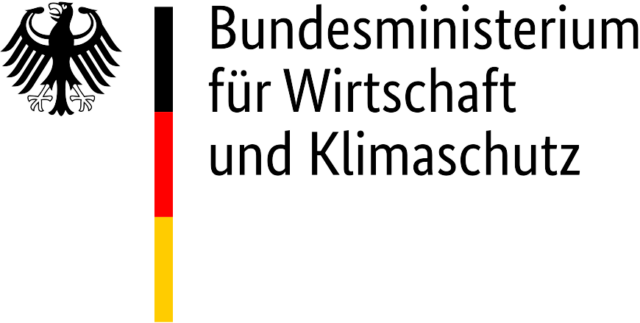Germany’s Hydrogen Acceleration Act
By Julian Atchison on June 03, 2024
Creating a legal framework for rapid development and expansion

Click to learn more about Germany’s Hydrogen Acceleration Act, announced by the Federal Ministry for Economic Affairs and Climate Action of Germany.
Approved by the national cabinet, the draft law will now be finalised by Germany’s two legislative bodies (Bundesrat and Bundestag), before scheduled to come into force by the end of 2024. The Hydrogen Acceleration Act will “simplify and digitalize” relevant planning, approval and procurement procedures for project developers, with significant changes to be made to environmental and procurement laws. Drawing on a legal approach that has been successful in expanding the deployment of renewable energy generation in the EU, the Act is in line with Germany’s national hydrogen strategy released in August 2023 (which will soon be updated).
Along with electrolyser and pipeline infrastructure, the Hydrogen Acceleration Act will apply to both ammonia import installations and plants for the “splitting” (ie. cracking) of ammonia.
Time is running out. In order for electrolysers or import terminals to go into operation as quickly as possible, we need leaner and, above all, faster planning and approval procedures. With the hydrogen acceleration law, the course has now been set. The law removes obstacles to the approval of infrastructure projects that generate, store or import hydrogen. This is another milestone on the path to the hydrogen economy.
German Federal Minister for Economic Affairs and Climate Protection Robert Habeck in BWMK’s official press release, 29 May 2024
The context for the Act is Germany’s decarbonisation imperative. The current rate of 15 million tons of emissions reduced annually must nearly triple to between 36-41 million tons annually by 2030, as a result of the Climate Protection Act. Energy efficiency measures, renewable generation and hydrogen infrastructure (for both onshore production and imports) must be deployed at a faster rate to meet these targets.
The “overriding public interest”
Infrastructure projects covered by the Act will also be considered in the overriding public interest, similar to renewable energy power plants throughout the EU since the adoption of RED III in late 2023. This legal mechanism gives project proposals a distinct advantage in the approvals process, but has two critical caveats in the Act concerning grid connection and water sustainability:
…electrolysers are in the overriding public interest if they are directly connected to a renewable energy plant by the end of 2029 or if operators declare their intention to purchase at least 80% renewable electricity by the end of 2029 when submitting their application. From 2030, these requirements will no longer apply, as it can be assumed that at least 80% of the electricity from the energy supply grid will also come from renewable energies.
To protect drinking water and the water supply, the law takes a differentiated approach when electrolysers consume a significant amount of water…the overriding public interest for these systems applies without restriction in all non-critical cases in which there is no fear of water shortages. In problem cases in which the extraction of water by electrolysers can significantly affect the public water supply or the water supply, however, the overriding public interest does not apply. This therefore applies to problem cases when the public drinking water supply as a core component of the public water supply can be affected or when areas relevant to climate protection such as floodplains, moors and protected wetlands are directly and unavoidably affected.
Details of “overriding public interest”, in the Pressepapier from BMWK’s official press release (translated by Google Translate), 29 May 2024
In a similar vein, projects will be granted certain exemptions from Immissions Control, the federal law which oversees all air pollution controls (including chemical pollution and noise). Wind energy projects in Germany have benefited from similar exemptions.
The Carbon Dioxide Storage Act
Also this month, the national cabinet approved legislation to allow for CCS, CCU and the transport and offshore storage of CO2 in Germany (excluding marine protected areas). The Act is intended to assist decarbonisation of hard-to-abate industrial processes, and includes measures to support deployment of CO2 pipelines.
With this permission we are catching up with our European neighbors such as Norway…Based on feedback from the states, we have also included an opt-in clause for onshore storage of CO2 , i.e. storage on land, in the draft law. This means that individual states can also allow onshore storage of CO₂ in their respective territories in addition to the offshore storage permitted by federal law.
German Federal Minister for Economic Affairs and Climate Protection Robert Habeck in BWMK’s official press release, 29 May 2024